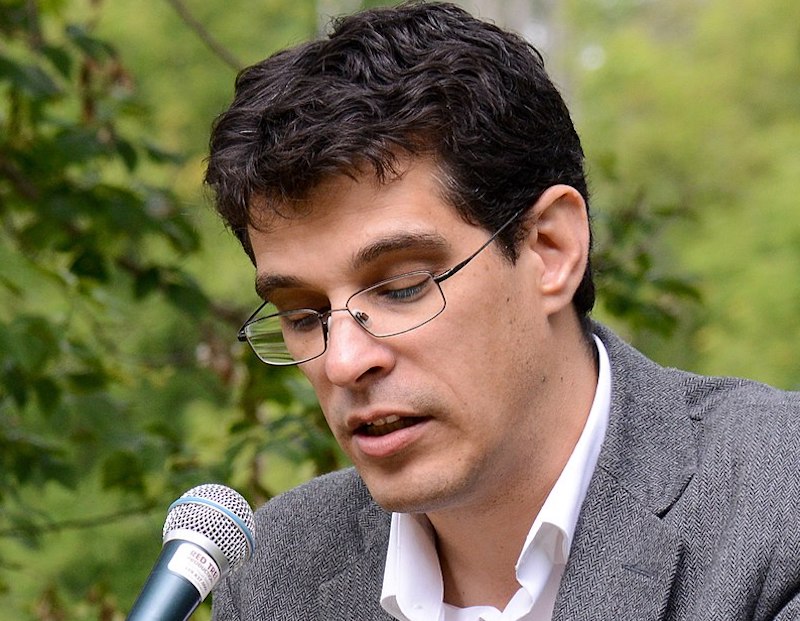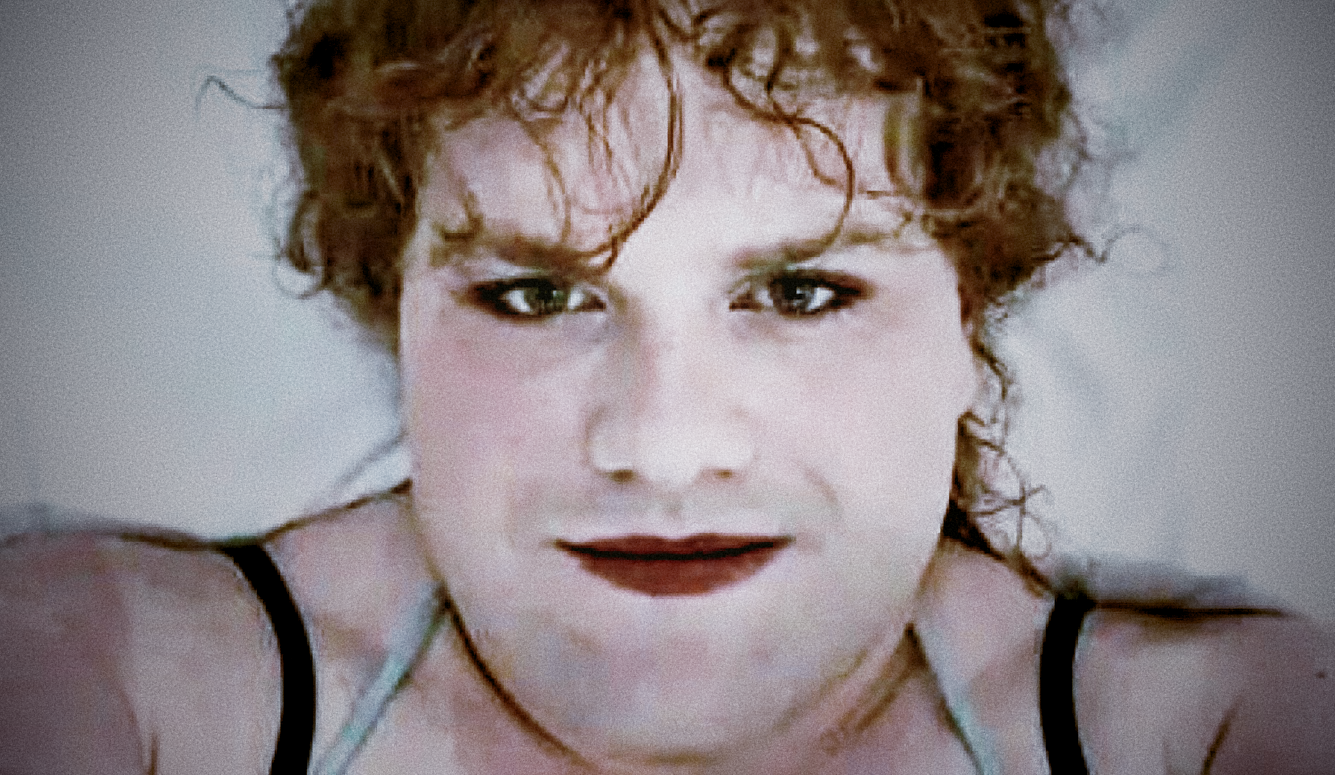Canada
The Scandal at UBC Keeps Growing—but No One Has Been Held Accountable
The school’s decision to suspend, smear and then fire Galloway on the basis of false allegations has snowballed into one of the greatest scandals in the history of Canadian education.

Three years ago, the University of British Columbia suspended novelist Steven Galloway, who then chaired UBC’s creative writing program, following explosive allegations that he had sexually assaulted a UBC student. In response, a group of Canadian writers signed on to a movement called UBC Accountable, which highlighted the lack of due process in the proceedings against Galloway. While some members of the Canadian literary community vilified #ubcaccountable as an insult to rape victims, the movement was vindicated when the full facts of Galloway’s case became widely known.
Specifically, an internal investigation by a retired provincial supreme court judge concluded that Galloway hadn’t sexually assaulted anyone. Her report, whose contents were detailed in an exhaustive Quillette investigative report, suggested that the principal complainants were either confused or malicious fantabulists. Earlier this year, the Vancouver-based university was required to pay Galloway $167,000 in the wake of statements by UBC officials that violated the former professor’s privacy rights and, as Galloway argued, caused “irreparable reputational damage and financial loss.” Yet despite all this, the university still hasn’t fulfilled the main demand of UBC Accountable, which was to “establish an independent investigation into how this matter has been handled by the Creative Writing Program, the Dean of the Faculty of Arts and the senior administration at UBC.”

The school’s decision to suspend, smear and then fire Galloway on the basis of false allegations has snowballed into one of the greatest scandals in the history of Canadian education. UBC is a public institution, receiving about $600-million from provincial coffers every year. Yet absolutely no effort has been made to investigate the process that led to Galloway’s railroading. Just the opposite: School officials have spent the last three years circling the wagons in an effort to evade scrutiny. No administrator has lost his or her job over the scandal. And the same cabal of writers and teachers who first assembled on November 15, 2015 to engineer Galloway’s ouster remains entrenched in leadership roles at UBC’s writing program. If these faculty members were part of any normal, functional professional organization, almost every single one of them would now be out of a job.






